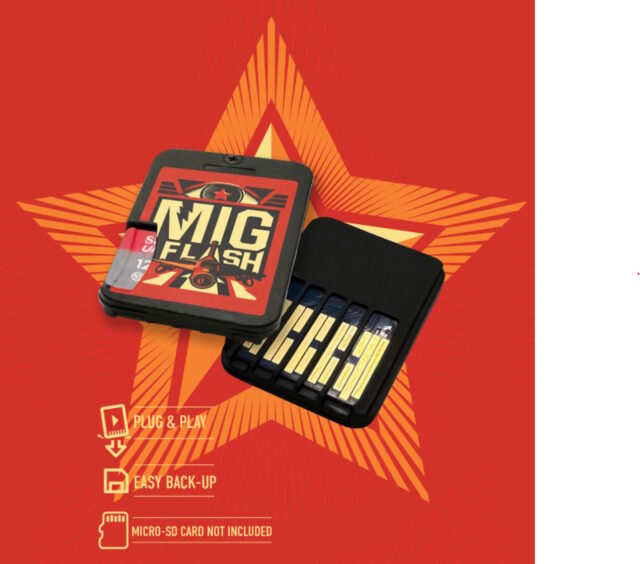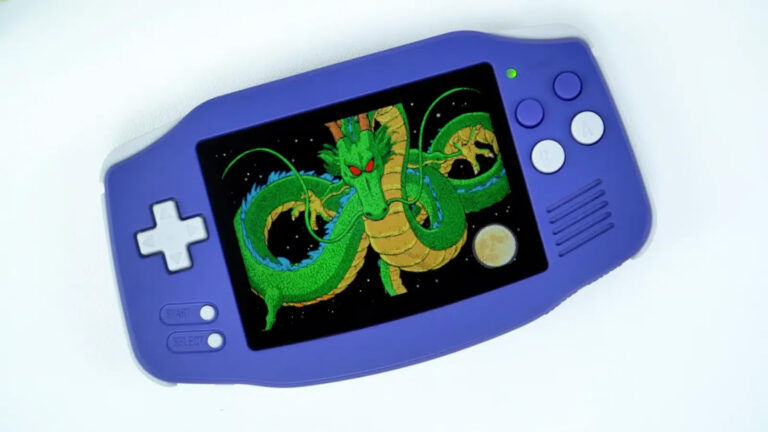Earlier this week, the makers of the popular Mig Flash cartridge, which allows users to play Switch games loaded via an SD card without modifying the console itself, issued a firmware update enabling the cards to run original Switch games on the Switch 2. Since then, though, multiple Mig Flash users are reporting that they've seen their Switch 2 consoles banned from Nintendo's online servers, even in cases where the devices were only used to run backups of legitimate games the users purchased themselves.
"My Switch 2 test has been banned after using the Mig [Flash] with perfectly legal dumps of my own cartridges, so it would seem that Nintendo can detect something," popular hacking news account Switch Tools posted on social media Monday (along with a follow-up showing a stack of legitimate Switch games they said they had backed up using the device). "I strongly recommend that you do not use the Mig [Flash], it was already very risky to use but it is even more so on Switch 2."
My Switch 2 test has been banned, after using the mig switch with perfectly legal dumps of my own cartridges, so it would seem that Nintendo can detect something
Similar reports on reddit are starting to come in.https://t.co/nbPMlRWSaPhttps://t.co/3eq6dkbFMi
I strongly… pic.twitter.com/btzjQYJzE4— SwitchTools (@SwitchTools) June 16, 2025
The insistence that the ban came while using "perfectly legal dumps of my own cartridges" is important here. Nintendo has long used certificates with robust cryptographic signatures to identify when individual copies of Switch games are being shared for the purposes of piracy. If Nintendo notices the same cryptographic signature on security certificates being used by hundreds of different consoles and accounts, for instance, the company can be relatively sure that all those users are engaging in piracy.
But the Mig Flash can also be used for backup and play of an individual's legal Switch game purchases on a personal console, which shouldn't lead to any such signature conflicts. On the Mig Flash website, the developers of the device say they "only support and guarantee your gaming with your own games backups. This applies to online, too. If you want to play online with the full Mig Flash warranty, you need to use your own dumped backups... Failure to respect this rule might end up in bans from Nintendo online service, which we won't be held responsible for."



 Loading comments...
Loading comments...
